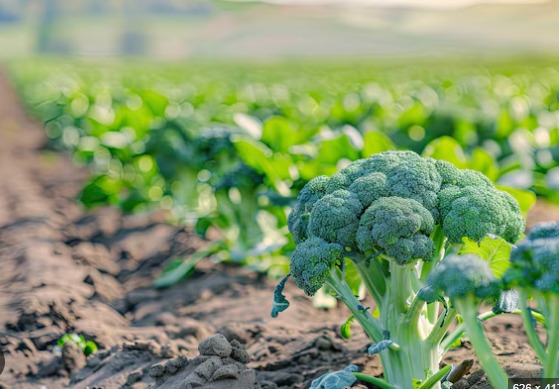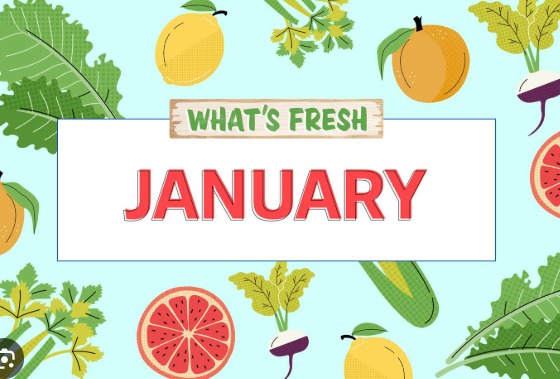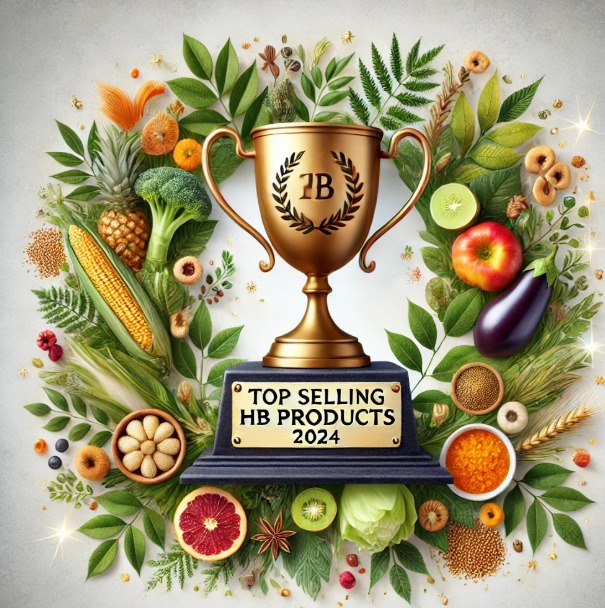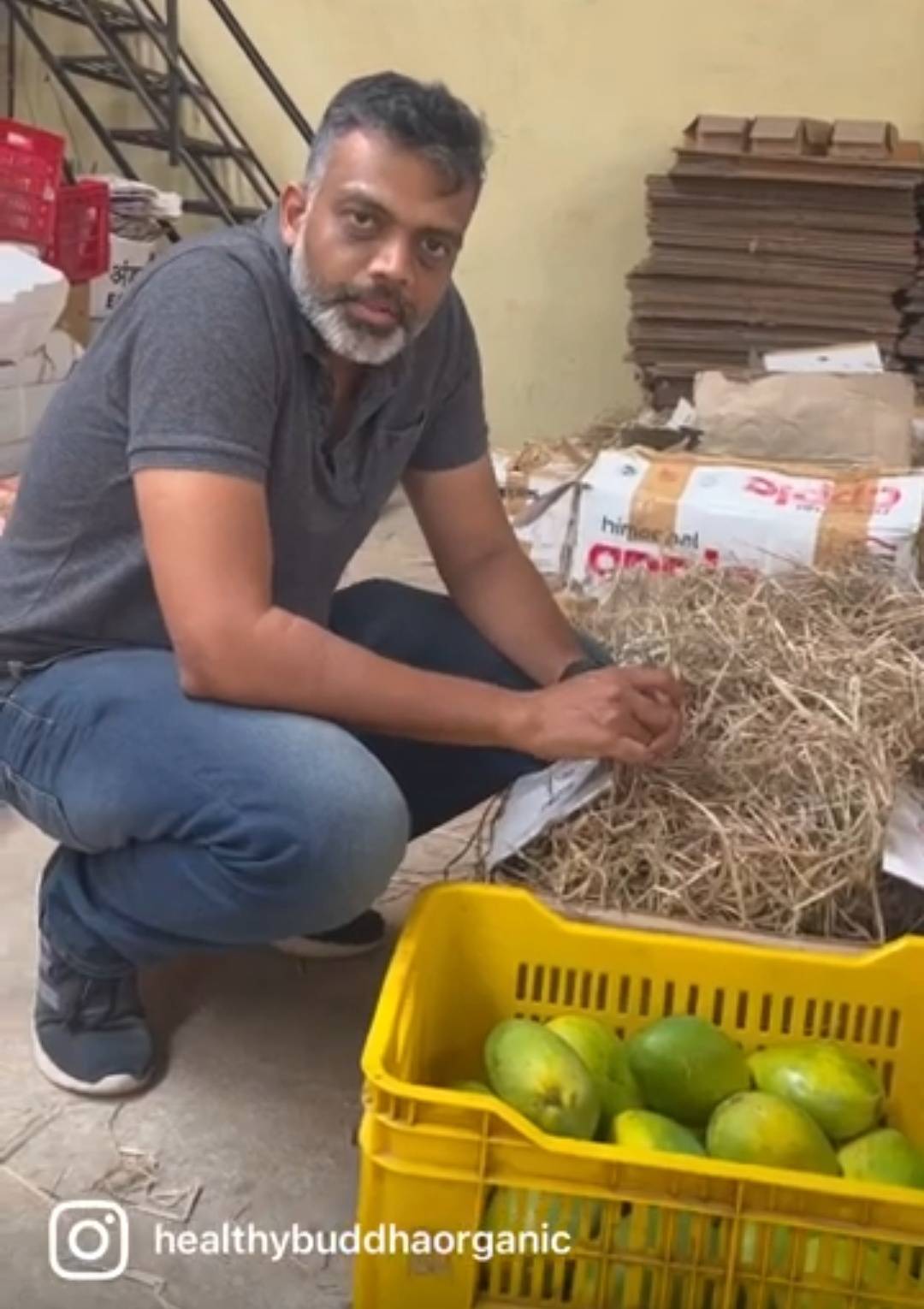
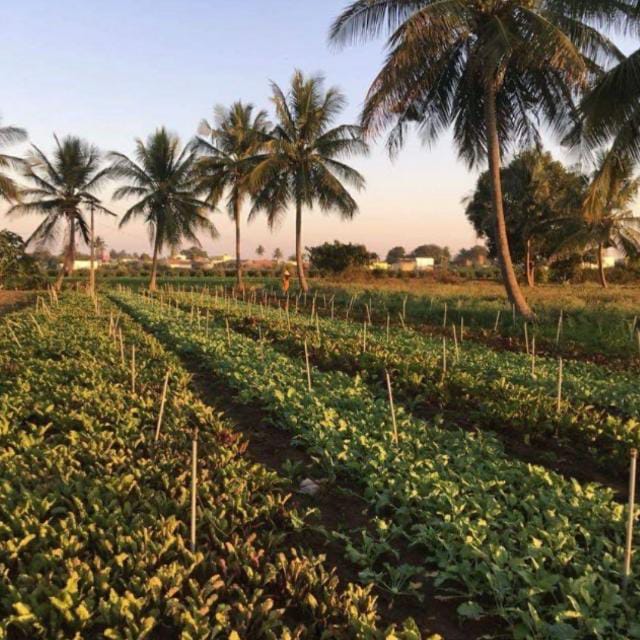
DH Article on heavy metal contamination in Vegetables Bengaluru
I am sure you may have seen this article in today's Deccan Herald about heavy metal contamination in vegetables sold across Bengaluru. And many of you reached out to me personally on this. So thought of sharing my views on it.
Article broadly says
The present study clearly indicates that the edible portions of vegetables act as significant accumulators of heavy metals. Given the associated health risks, it is advisable to refrain from using wastewater as an irrigation source in cultivation. Unethical farming practices, such as irrigating crops with drainage and effluent waters, should be avoided, as emphasized by the study, with particular caution regarding spinach.
The study also highlights that leafy vegetables tend to accumulate a higher concentration of heavy metals compared to other types. This is attributed to the plant's increased transpiration rate required to sustain growth and moisture levels.
N Hema, the research scientist who led the one-year study, told DH that a wider study was required to look into three major issues. “First, the source of the vegetables needs to be traced to further ensure an evidenced-based approach. Second, we need to go deeper and prescribe maximum limits for each vegetable as well as exposure duration. Third, how the exposure affects children, adults and older people needs to be worked out. Lastly, a comprehensive study needs to be taken up to isolate the health impacts of vegetables on people,” she said.
Read more at: https://www.deccanherald.com/india/karnataka/bengaluru/research-flags-heavy-metal-contamination-in-vegetables-across-bengaluru-2740180
In general such contamination happens when
- Soil Contamination: One of the primary sources of heavy metals in plants is contaminated soil. Soil can become contaminated with heavy metals through human activities such as industrial processes, mining, and the use of sewage sludge or contaminated water for irrigation.
- Uptake from Soil: Plants can absorb heavy metals from the soil through their root systems. This process is influenced by the concentration of heavy metals in the soil, the type of plant, and the specific heavy metal in question. Some plants are hyperaccumulators, which means they can absorb and accumulate high levels of heavy metals.
- Water Source: If the water used for irrigation contains heavy metals, the plants may absorb them from the water, leading to contamination. This is a concern, especially in areas where wastewater or polluted water sources are used for irrigation.
- Inappropriate or over use of chemical fertilizers and synthetic pesticides, which can contain heavy metals.
Currently we have tested only for pesticide and chemical reside so far. We have not tested our produce for heavy metal residue, but I am looking to get some of our produce sample tested to check the same in the future.
In general, it is important to know where your produce comes from. I will suggest not to go only by only by parameters of price and looks or "freshness" available in the super markets.
I am proud of my organic farmers who practice ethical farming without indulging practices like sewage irrigation. All our farmers use either well water in the farm or borewell water. It is important to appreciate the effort that goes behind growing produce. After so many years in this field now, I think it is ok to pay a little more to ensure that farmers are paid reasonably well and they don't need to take short cuts like using sewage sludge for irrigation, which results in such contamination.
Gautham


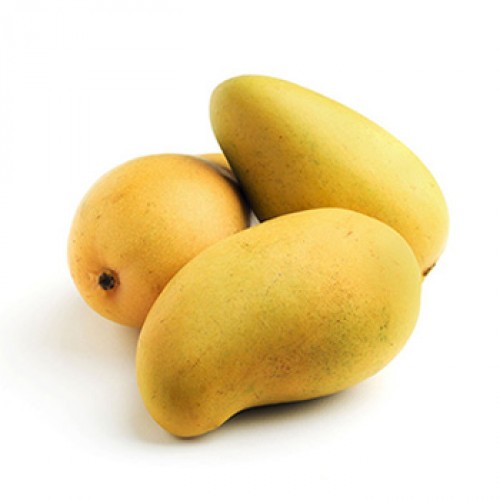
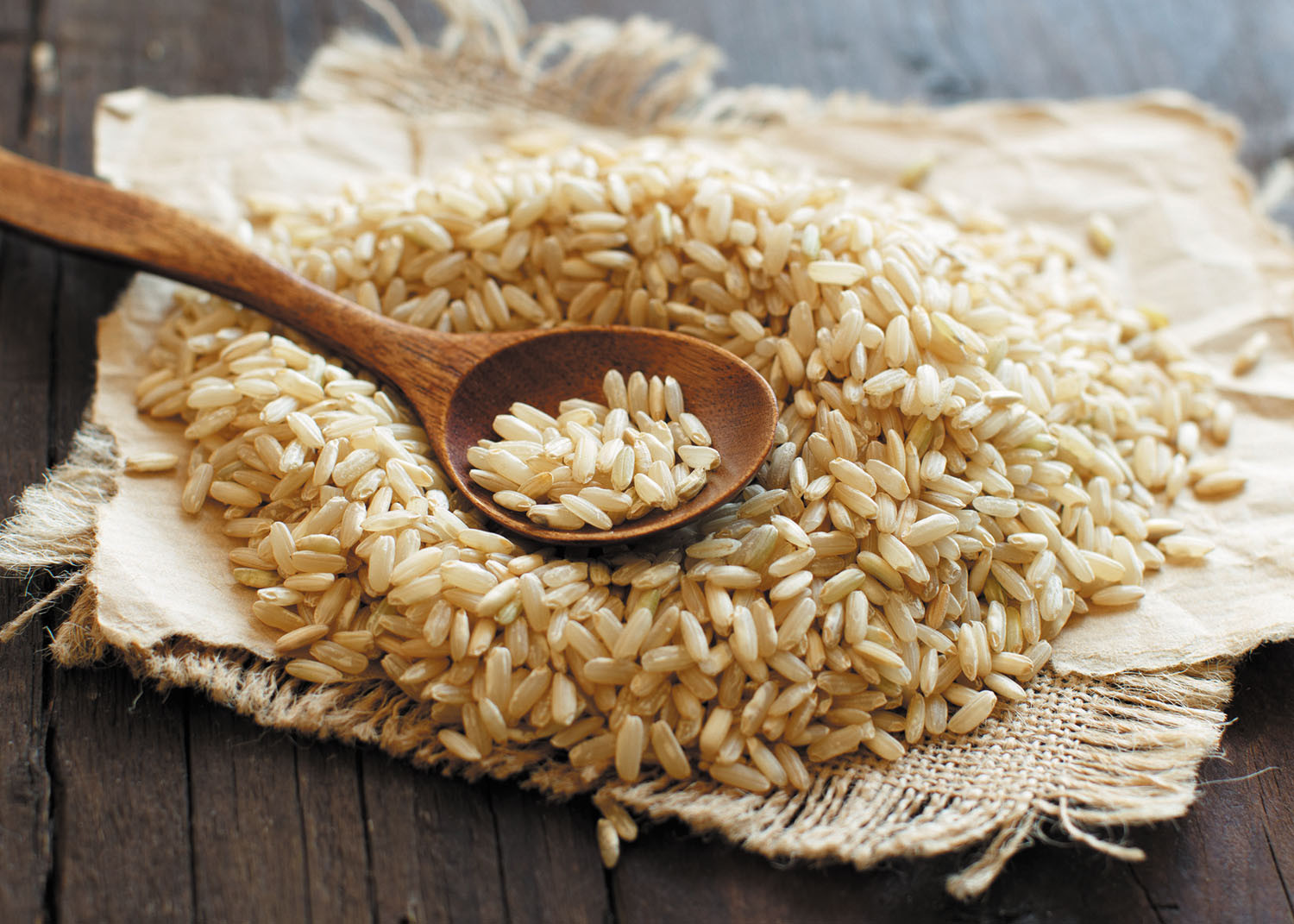

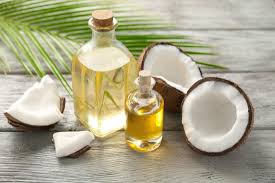

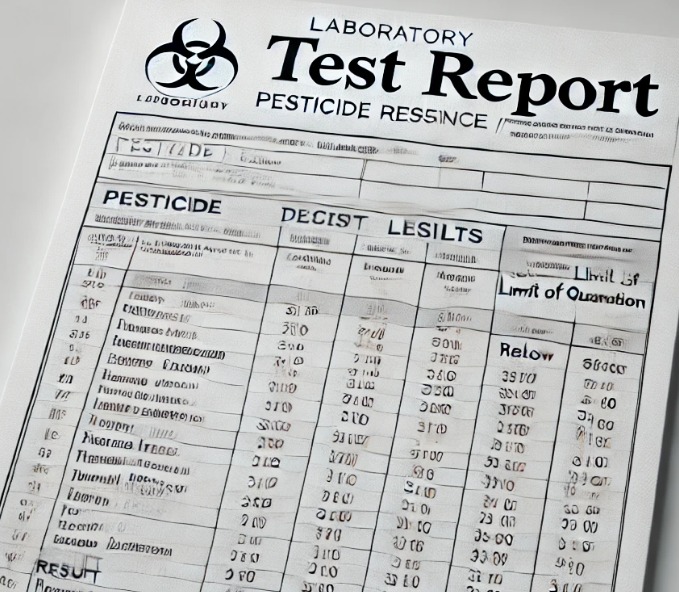

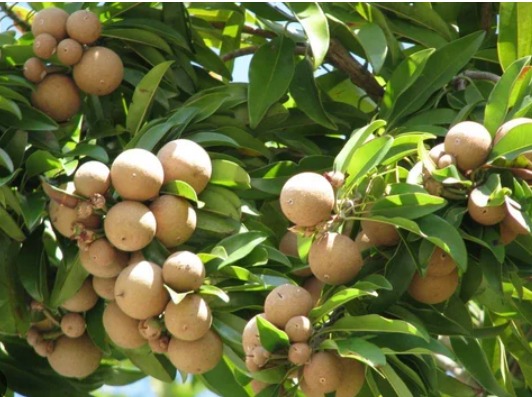
.jpg)
